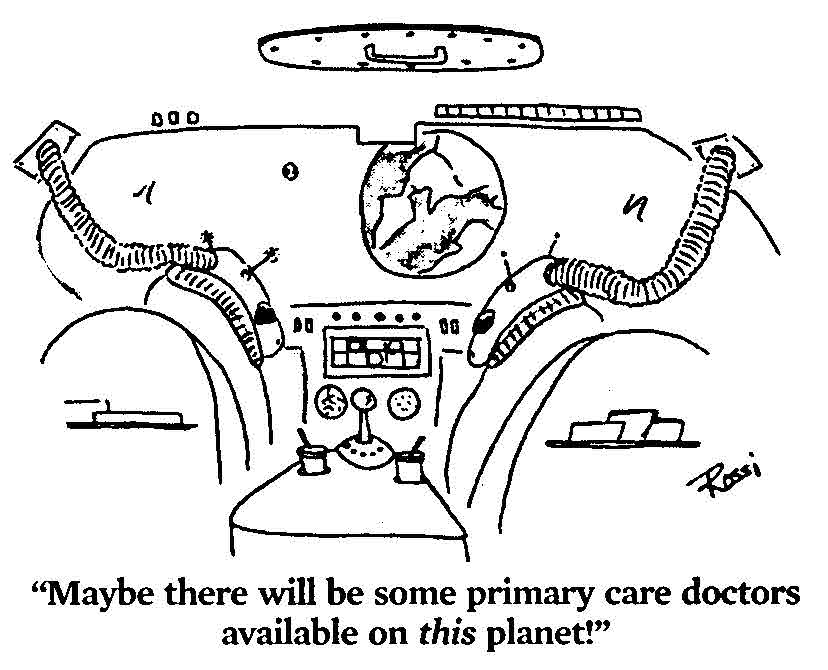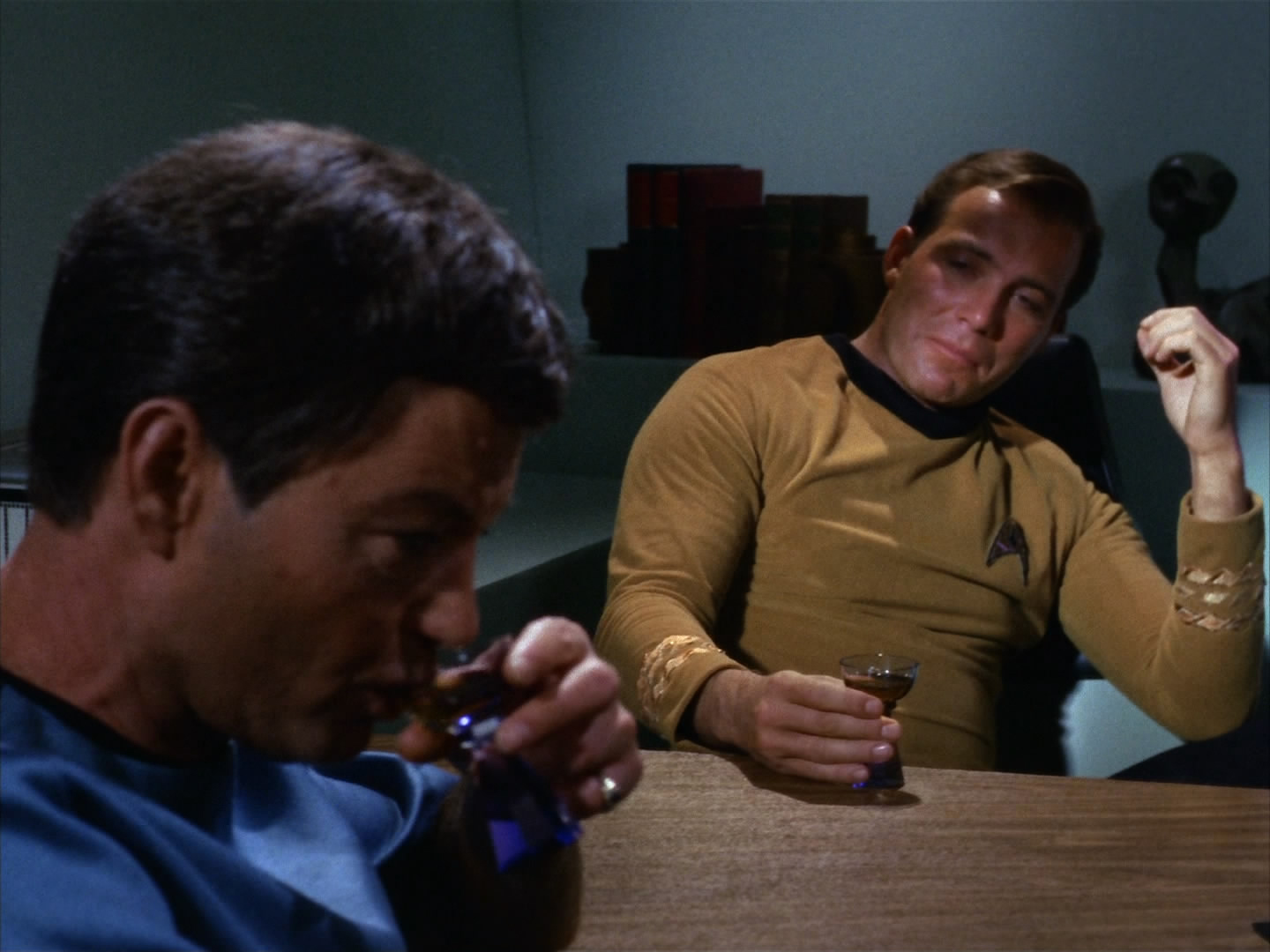- Joined
- Jun 2, 2011
- Messages
- 16
- Reaction score
- 0
Imagine you decide to go to Mars with the first wave of settlers, possibly for life.
You'll probably be one of very few physicians, if not the only one.
Which residency would you choose to make the greatest impact on your fellow settlers' life expectancy and quality of living?
IMO it would have to be something hands-on that no other physician would be able to talk you through remotely: I'm thinking General Surgery or Ortho.
Your thoughts?
You'll probably be one of very few physicians, if not the only one.
Which residency would you choose to make the greatest impact on your fellow settlers' life expectancy and quality of living?
IMO it would have to be something hands-on that no other physician would be able to talk you through remotely: I'm thinking General Surgery or Ortho.
Your thoughts?
Last edited:





